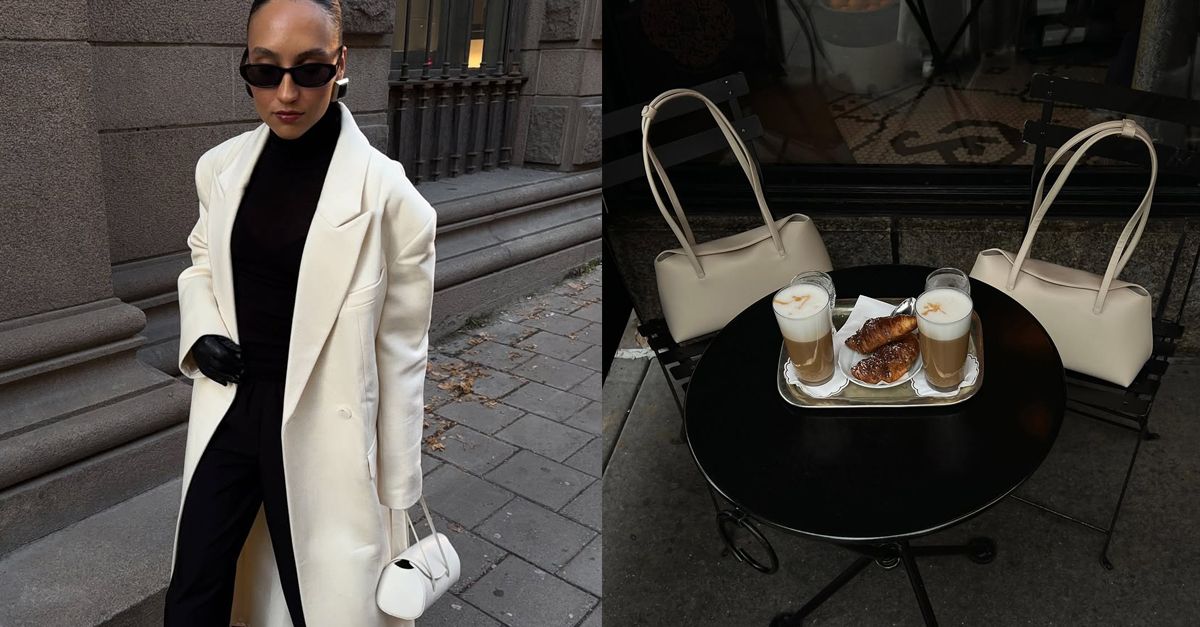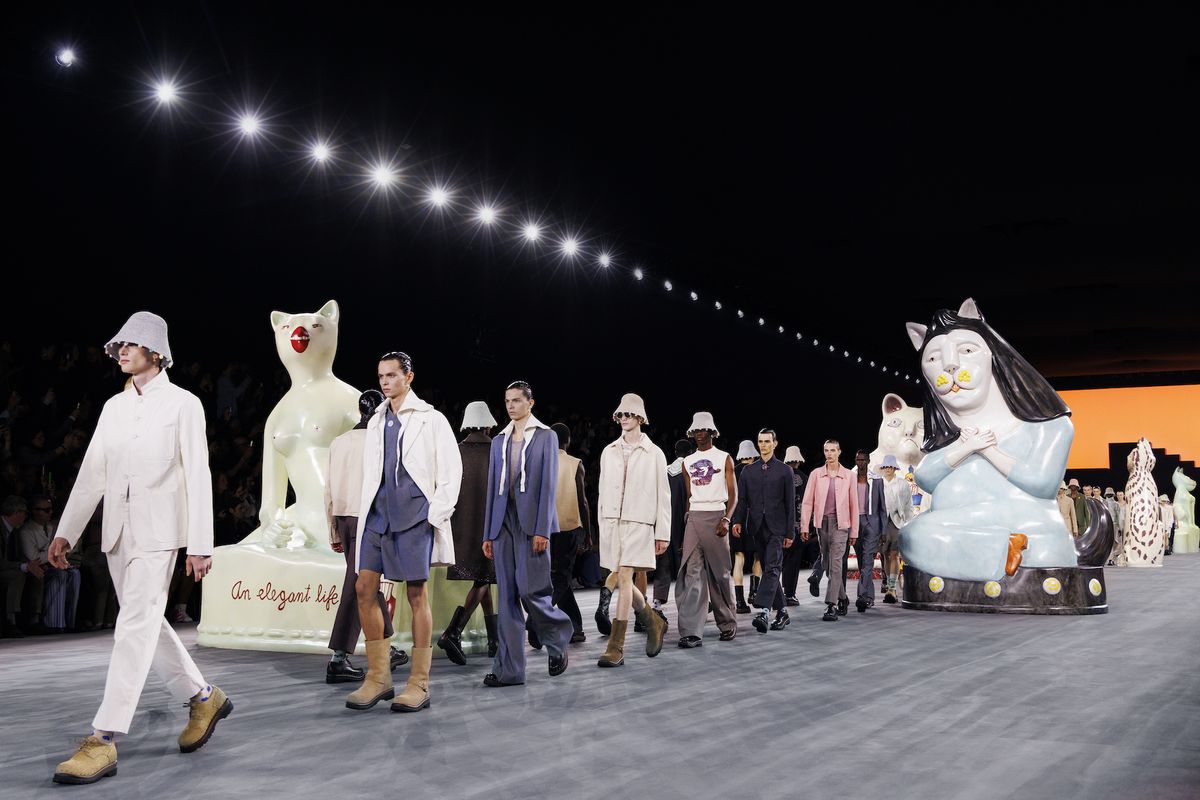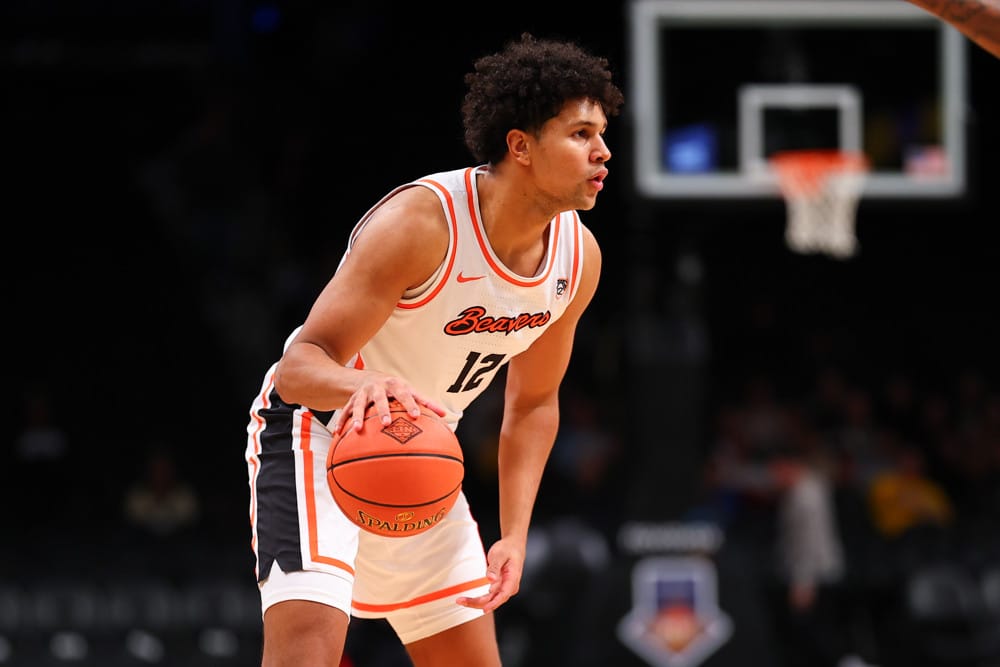In less than a month Donald J Trump will be inaugurated as the 47th President of the United States and Melania Trump will, accordingly, emerge from the warmth of their Florida oasis to face the chilly north-eastern wind of a January in DC and the cold stare of the American fashion press.
All eyes will be on what Melania will be wearing, how much she spent, and what messages (if any) her outfit might be sending.
It’s an intensity of scrutiny that not even Jackie Kennedy, arguably the 20th century’s most fashion-forward First Lady, was expected to endure.
Yet, for all Melania’s undoubted style, it is another of her predecessors who must be thanked, or blamed, for the burden resting on the shoulders of today’s presidential consorts.
The forerunner in question is Michelle Obama. And it is her pioneering use of a ‘high-low’ wardrobe – combining high street with couture – that set a new standard for political messaging during her eight years in the White House.
Michelle was already well into her fashion groove when her husband was inaugurated for the first time in January 2009.
Sure, the custom Isabel Toledo sheath dress in ‘lemongrass’ yellow and matching coat that she wore that day must have cost thousands.
Yet accessorizing the bespoke look with off-the-rack J.Crew leather gloves (probably costing under $100) proved 44-year-old Michelle’s credentials as a woman who mixed the aspirational with the affordable.
Michelle Obama set a new standard for political messaging at her husband’s first inauguration, matching a lemongrass Toledo sheath dress with gloves from J.Crew.

The dress would have cost thousands but the gloves probably less than $100.

Michelle repeated the trick at the second Obama inauguration in 2013, accessorizing her chic outfit with a J.Crew belt.

The $414 pencil skirt, tank top, cardigan combination she wore for the Jay Leno show sent the internet alight – and the J.Crew website crashing.
It helped root the perception that, regardless of her new presidential platform, Michelle remained an average middle-aged woman who liked to shop online.
It might all have been very different had Michelle not appeared on the Jay Leno show the previous October in a head-to-toe mustard J.Crew ensemble.
This was just a few weeks before the presidential election, and the outfit was intended as a not-so-subtle riposte to the news that then vice-presidential candidate, Sarah Palin – billed as just an average Alaskan ‘hockey mom’ – had embarked on a campaign-funded spending spree that scooped up more than $150,000 worth of designer duds for herself and her family.
Razor-sharp as ever when it came to the dark arts of public relations, Michelle (helped, no doubt, by her husband’s political operatives) saw her opening.
‘I want to ask you about your wardrobe. I’m guessing about 60 grand? 60, 70 thousand for that outfit?’ Jay Leno – with a hint of the stage-managed – asked Michelle.
‘J.Crew,’ she proudly replied, before turning to her studio audience to say with conviction: ‘Ladies, we know J.Crew. You can get some good stuff online!’
Her $414 pencil skirt, tank top, cardigan combination sent the internet alight – and the J.Crew website crashing.
Michelle might have been Harvard-educated with an annual income of close to a million dollars thanks to the couple’s combined earning power, but all of a sudden she looked and sounded surprisingly ‘normal.’
‘When you don’t have time, you’ve got to click,’ the future First Lady exclaimed to thundering applause.
There might have been better, more obviously chic, looks she could have chosen. But in that moment, with her husband on the brink of power, clothing was not just about how Michelle was dressed but what she was meant to represent.
This was by no means the first time she’d chosen high street designs, but the Jay Leno appearance was when Michelle truly crystalized – and mobilized – the power of strategic budget-dressing.
In the months and years that followed, J.Crew, Talbots, H&M, Gap, Target and a host of other mid- to low-level American fashion brands became trademarks (even though, as time passed, her wardrobe became steadily more dominated by couture).
The cultural reach of this campaign was only increased by the expanding world of social media.
Turning up at 10 Downing Street, the home of the British Prime Minister, in a mint-green silk J.Crew pencil skirt and embellished cream cardigan in April 2009 generated real excitement – almost as much as Michelle’s unprecedented royal reach-out earlier that morning.
When she met the Queen at Windsor Castle, Michelle had unceremoniously, but rather sweetly, placed her arm gently around Elizabeth II’s back, a clear breach of official protocol
They were just ‘two tired ladies oppressed by our shoes’, Michelle later explained.
Downing Street and Windsor were completely different events and Michelle chose completely different outfits (she had worn another couture confection by Toledo to greet Her Majesty) but her messaging chimed perfectly at each.
This carefully constructed approach mixing high- and low-end designs seemed to suggest something about the Obamas as people – a sense of authenticity and normality that became a defining element of their political and cultural brand. It was relatable.
Barack Obama might have failed in his aim of leveling up the American economy, but even in political exile he, and more importantly she, have retained an unmistakable glow.
Amid the turmoil of this summer’s fraught campaign, Reuters found that there was only one Democrat who could handily beat Trump in a hypothetical match-up: former First Lady, Michelle Obama.

Michelle resorted to J.Crew once again with this mint skirt, worn to visit the British Prime Minister, Gordon Brown, and his wife, Sarah, left.

She wore Toledo couture to meet the late Queen Elizabeth in 2009. But it was Michelle’s breach of protocol, placing a gentle hand on Her Majesty, that attracted the attention.
So effective was the high-low template, it proved irresistible when it came to crafting an image for the newly minted Duchess of Cambridge at Kensington Palace.
Rather than flinging off her Whistles tops and Jigsaw trousers – the essentials of her life in upscale West London – the woman once known as plain Kate Middleton deployed them to convince the public that she remained, in essence, an average British girl with the LK Bennett heels to prove it.
Kate might have embraced all the excess of custom couture in her Alexander McQueen wedding dress but for the morning after – as she strode confidently across the lawn at Buckingham Palace clutching her new husband’s hand – Her Royal Highness, The Duchess of Cambridge did so clad in a $60 blue belted sleeveless dress from Zara.
When after almost a year of royal life, Catherine undertook her first public speaking engagement at the formal opening of the Treehouse Hospice in Ipswich, eastern England, she selected a four-year-old dark blue Reiss day dress borrowed from her mother, Carole Middleton.
Noticeably baggy, the ill-fitting and slightly faded family loan was a subtle but effective reminder that she remained an untried newcomer whose stilted delivery should not be judged too harshly.
Despite the fact that – as is the case with Michelle – the high street has now largely faded from Kate’s style radar (except for the occasional accessory – think her $25 velvet Jigsaw bow clipped to her several thousand pound Alexander McQueen coat at last week’s Christmas carol service), her early experiments in accessible dressing remain key to how people understand her.
And, by extension the type of monarchy that she and her husband will eventually embody.
As for Melania, perhaps it’s not surprising that she’s failed to leap on this particular style bandwagon.
The next First Lady prides herself on razor sharp chic, after all. She’s not going to reach out for political or cultural capital at the expense of looking good.

As she strode confidently across the lawn at Buckingham Palace clutching her new husband’s hand, Her Royal Highness, The Duchess of Cambridge did so clad in a $60 blue belted sleeveless dress from Zara.

The next First Lady, Melania Trump, prides herself on razor sharp chic. She’s not going to reach out for political or cultural capital at the expense of looking good. Here she wears Dior for the Republican National Convention in Milwaukee.
When the inauguration finally comes round on Jan 20, I’m confident we can expect nothing less than ‘exquisite’.
Melania has decided not to play the fashion game prescribed for political and royal spouses for more than a decade. Instead, she has dressed the way she wants, irrespective of brand, expense or affiliation.
Some might interpret this as a reflection of a superficial, mannequin-like existence, I think quite differently.
By refusing to adhere to expectations or the conventions that have been created for her by others Melania seems to me – at least in this respect – among the most independent of contemporary consorts.











